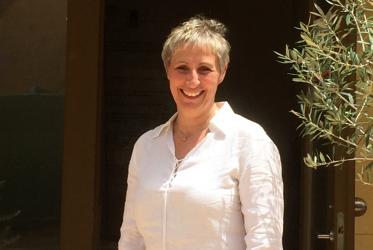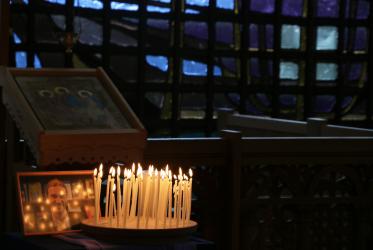Displaying 1 - 20 of 99
WCC leaders recall life-changing experiences from early days
10 February 2022
Pope Francis expresses “fraternal closeness” with Waldensian Methodist
09 September 2019
Iraqi refugee shares story of hope through harrowing ordeal
15 August 2019
Dealing with traumas and healing of wounds
04 June 2019
Workshop in Jamaica focuses on human rights
16 May 2019
WCC expresses sadness, solidarity after Notre Dame fire
16 April 2019















